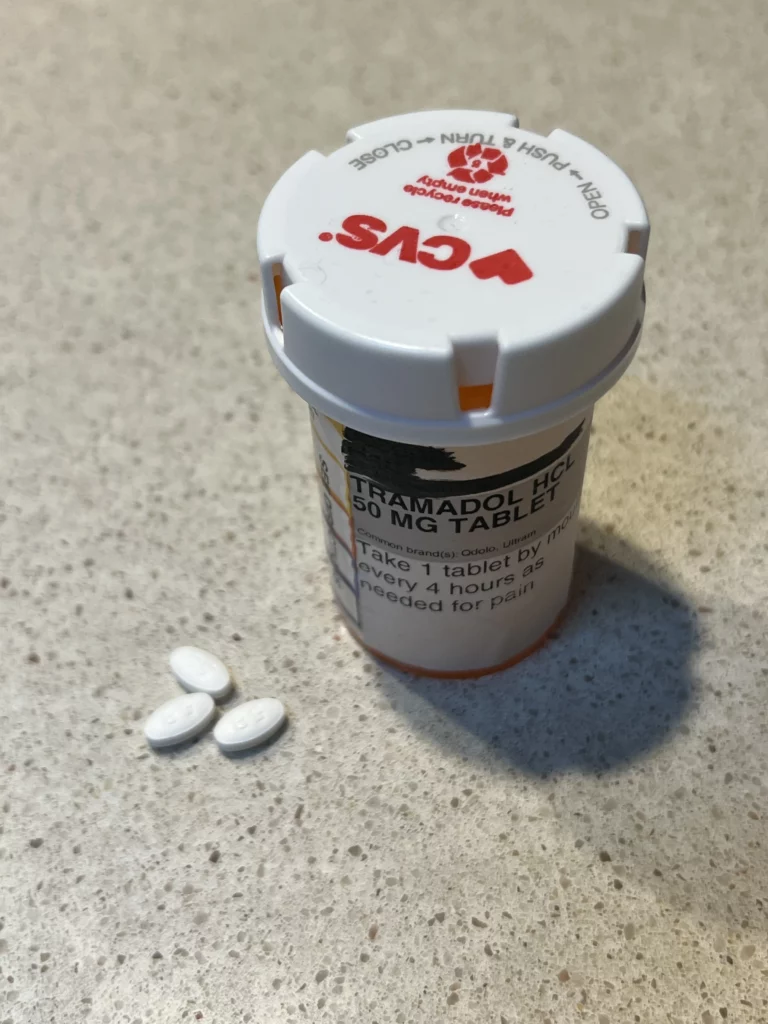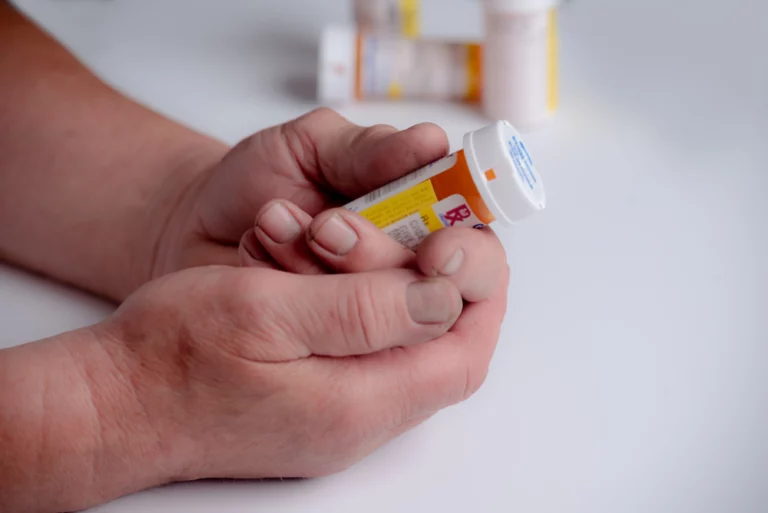Many people are familiar with cocaine and its effects, but not everyone knows about the intense and extremely uncomfortable “cocaine comedown.” This powerful drug has always been popular in media, showing users as upbeat, on-the-go, and manic. What they don’t show is the part that right after the cocaine wears off, and user’s noses begin to bleed, and their cognitive skills hit a wall.
This article breaks down the symptoms of a cocaine comedown, comparing it to withdrawal symptoms and the long-term effects of cocaine use. We’ll also give you some insight into the signs of cocaine addiction and how to get help.
What is Cocaine?
Cocaine is an intense and highly addictive stimulant drug made from the coca plant found in South America. It’s classified as a Schedule II controlled substance due to its effects on the central nervous system and the risk of developing strong psychological and physical dependence.
Cocaine is usually used for its stimulating effects, such as:
- Elevated mood
- Increased physical energy
- Enhanced mental alertness or improved ability to focus
However, it’s important to note that cocaine use can also have negative effects, including:
- Extreme irritability or intense mood swings
- Aggression or violence toward others
- Engaging in self-harming behaviors
- Experiencing shakiness or loss of physical control
- Heightened sensitivity to light, touch, and sounds
- Paranoia and delusions
Read more: What You Should Know About Freebasing Cocaine

What is a Cocaine Comedown?
When cocaine is used, it triggers a surge in dopamine activity, resulting in intense feelings of euphoria. However, as the effects of the drug wear off, dopamine levels rapidly drop, leading to intense symptoms that are somewhat opposite to the initial euphoric phase. This is often referred to as a cocaine comedown. You can think of it as cocaine bringing you to the top of a rollercoaster, but instead of the fun and thrilling drop, the tracks disappear and instantly drop, which is why it’s also called a cocaine crash.
Common symptoms of a cocaine comedown include:
- Runny nose: Cocaine acts as a vasoconstrictor, causing the blood vessels, particularly in the nose, to constrict. When the drug wears off, the blood vessels open wider than before, leading to feelings of congestion and cold or flu-like symptoms.
- Nosebleeds: Nosebleeds are a frequent side effect of snorting cocaine, which can harm the skin, bone, and tissues in the nasal septum.
- Exhaustion and difficulty sleeping: Despite feeling tired, it can be challenging to fall asleep or maintain restful sleep during a cocaine comedown.
- Foggy or slow thinking: Disruptions in normal neurotransmission can make it difficult to think, remember things, and learn new information.
- Increased appetite: The desire for junk or high-fat foods often increases during a cocaine comedown. Stimulants like cocaine can suppress appetite, leading individuals to go without eating for hours until the drug wears off. Once your appetite returns, it may be stronger than usual.
- Aches and pains: Cocaine disrupts your neurotransmitters, causing physical discomfort, making physical activity more painful, and requiring extra effort and motivation to move. Shaking can also occur.
- Depression: The presence of cocaine increases serotonin and dopamine activity in the brain, but when the drug wears off, these important neurotransmitters related to mood become depleted, often leading to feelings of depression.
Read more: The Link Between Anorexia and Cocaine Use

How Do People Avoid The Cocaine Comedown?
Many regular cocaine users may turn to smoking weed or using other depressant drugs, such as alcohol, heroin, or benzodiazepines, to counteract the withdrawal effects of cocaine. This is done to alleviate feelings of anxiety, aggression, irritation, and strong drug cravings and to prolong the state of being high, not only to avoid the negative effects of the cocaine comedown.
Are Cocaine Withdrawal Symptoms Worse?
Yes, most users describe withdrawal symptoms as worse than the immediate after-effects of using cocaine. You can think of comedown symptoms as a brief preview of withdrawal symptoms when someone quits long-term use. As the time between doses decreases and the amount of cocaine increases, your body builds a dependence and eventually relies on cocaine to produce dopamine. If you suddenly quit or severely cut back on how much cocaine you use, your body could physically and mentally react.
The most common cocaine withdrawal symptoms include:
- Extreme depression
- Agitation or restlessness
- Fatigue or exhaustion
- General physical discomfort, including Constipation
- Increased appetite and binge eating (can lead to weight fluctuations)
- Unpleasant or vivid dreams, nightmares, sleep disturbances, and insomnia
- Slow physical and mental activity
- Constipation
- Abnormal blood pressure
- Muscle stiffness
- Tremors
- Decreased sex drive
- Excessive sweating
While most individuals can detox from cocaine within two weeks with medical supervision, some people trying to quit without medical support can relapse. They might experience post-acute withdrawal syndrome (PAWS), which can persist for weeks or even months, even though the cocaine has left their system.

Signs of Cocaine Addiction
As cocaine use spirals out of control, individuals may find their lives revolving around buying cocaine, using it, and recovering from its effects. This obsession can lead to neglecting important aspects of life, such as schoolwork, family obligations, and job responsibilities. To help identify potential cocaine abuse in someone you know, watch out for the following signs:
- They may be more restless, anxious, or depressed than usual.
- Their mood drastically changes throughout the day.
- You may know already they’re lying about cocaine use
- They’re isolating themselves unless they’re using cocaine.
- They may borrow or steal money if their cocaine addiction consumes their finances.
- They may be socializing with others who use cocaine, potentially dealers.
- Their nose may be itching more than usual, or they have frequent nosebleeds.
- Their pupils are dilated, or their voice is hoarse.
- They may have intense bursts of energy and feel invincible
- They’re overly paranoid or on edge.

Long-term Effects of Cocaine Use
Cocaine doesn’t just affect its users beyond using or quitting. Long-term cocaine use can:
- Change your brain chemistry: Extended cocaine use can cause significant changes in the brain’s chemical balance, which may result in psychotic symptoms or depression even when they’re not using substances.
- Damage to your cardiovascular system: Cocaine abuse poses serious risks to the cardiovascular system, increasing the chances of developing conditions such as blood clots, weakened heart muscle, and chronic high blood pressure.
- Constrict your blood vessels: Cocaine acts as a vasoconstrictor, narrowing blood vessels throughout the body. This constriction can reduce blood flow and damage different organs, including the gastrointestinal tract.
- Cause malnutrition: Cocaine use can disrupt normal eating patterns, leading to inadequate nutrition and malnutrition. Neglecting proper and regular meals can worsen the overall health consequences associated with cocaine abuse.

Contact Knoxville Recovery Center
If your or someone you know is struggling with cocaine use and is interested in a treatment program that goes above and beyond, contact Knoxville Recovery Center. Our addiction treatment center doesn’t just focus on traditional therapy methods or 12-step programs. We integrate holistic and experiential therapy methods into all our treatment programs to heal the mind, body, and soul, targeting the specific areas affected by substance abuse.
We’ll be there with you every step of the way, guiding you through the detox and recovery phase. Our comprehensive program includes a world-class nutritional component designed to support your physical and mental well-being, helping you regain strength and vitality.








